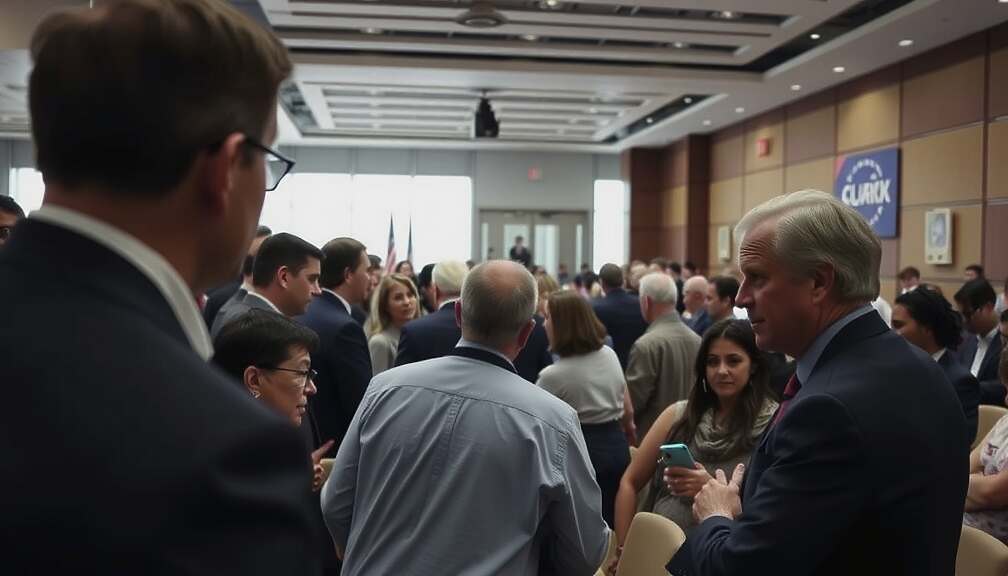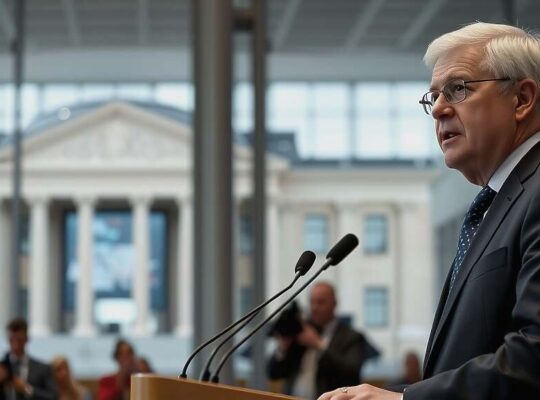The discourse surrounding potential cooperation between Saxony’s ruling Christian Democratic Union (CDU) and the Alternative for Germany (AfD) is, according to state premier Michael Kretschmer, proving counterproductive. In remarks to the Redaktionsnetzwerk Deutschland, Kretschmer emphasized that fixating on strategies for managing the far-right party distracts from the underlying issues fueling its rise.
Kretschmer argued that addressing the anxieties and concerns driving support for the AfD is paramount to restoring faith in the rule of law and democratic institutions. He dismissed the notion of maintaining strict ideological barriers, stating that such approaches are ultimately ineffective in addressing the root causes of popular discontent. “Brand walls don’t get us anywhere” he asserted.
The premier’s stance reflects a growing tension within the CDU, particularly in eastern Germany where the AfD enjoys significant electoral support. While Kretschmer has repeatedly and unequivocally condemned the AfD’s ideology, labeling it as definitively right-wing extremist, his focus on understanding the drivers of its popularity signals a more nuanced – and potentially controversial – approach to the political landscape.
Operating with a fragile minority government composed of the CDU and Social Democrats, Kretschmer’s perspective highlights the delicate balancing act required to govern in a region grappling with complex socio-economic challenges and a resurgent far-right movement. His comments implicitly question whether traditional strategies of outright rejection will suffice in a political climate increasingly shaped by frustration and disillusionment. The focus now shifts to whether Kretschmer’s call for addressing underlying societal concerns will translate into concrete policies and meaningful engagement with communities feeling marginalized and unheard.












